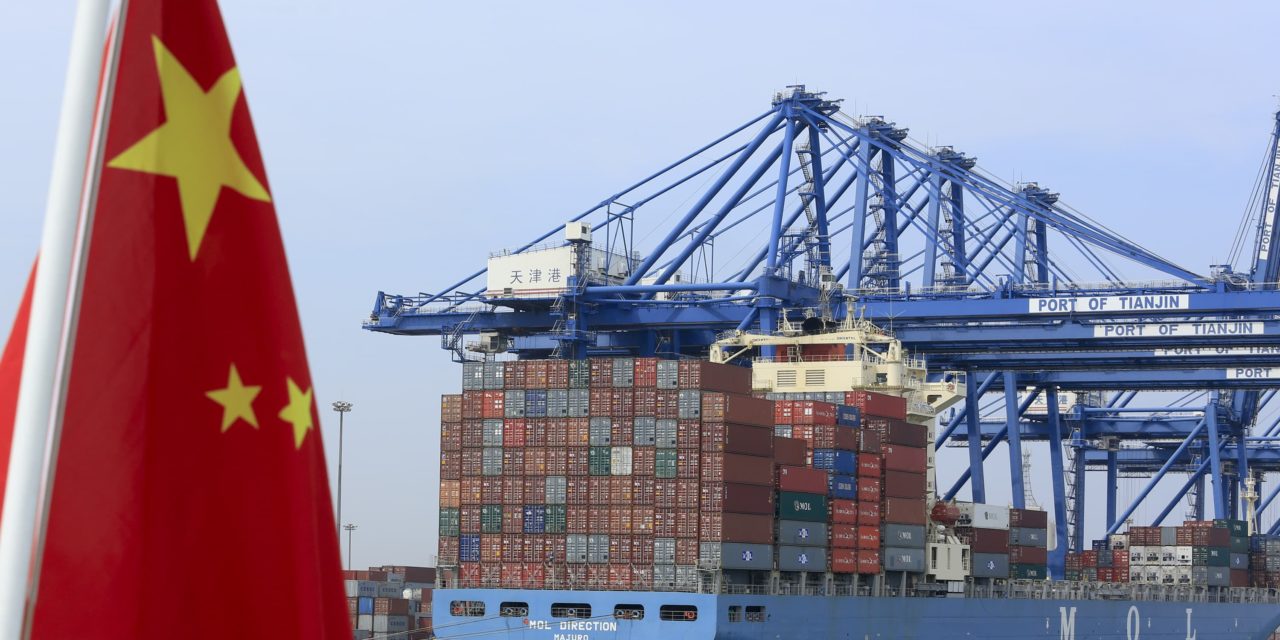In support of the oppressed Uyghur community in China’s Xinjiang province, the United States has made good on its ban against products and raw materials imported from the region, including cotton and tomato products.
The band extends to all imports stated under the Uyghur Forced Labor Prevention Act, formally enacted on Tuesday, June 21st.
According to a statement issued by Republican Senator Marco Rubio, Democrat Senator Jeff Merkley, and two of their colleagues who authored the Act, the ban is meant to convey a strong message to the Chinese government. Specifically, the United States refuses to stay complicit in the Communist Party’s enslavement of minority groups in the country and their numerous crimes against humanity.
The lawmakers added that this cause had united Congress, and all are ready to work with the Biden Administration to ensure the full and rigorous implementation of the ban.
Religious and Cultural Discrimination in the Name of Economic Gain
Based on findings by congressional investigators, the Chinese Communist Party has detained over a million Uyghurs and those belonging to other religious minorities from Xinjiang since April 2017.
These detainees have been forced to work sans compensation by the government, which has claimed numerous times that they are doing this to alleviate poverty in Xinjiang province.
However, Chinese officials continue to deny this, claiming that these accusations leveled against them are nothing but a lie fabricated by external forces.
But the evidence against China has been mounting steadily over the years. According to first-hand accounts from escapees from these “reeducation camps,” as well as investigations undertaken by international aid organizations and diplomats, China has systematically committed mass sexual abuse and physical and mental torture against the Muslim Uyghurs and other cultural minorities.
Human rights organizations also continue to call China out for its violent approach to suppressing religious and civic freedoms of minority groups through repugnant practices like forced sterilization of both men and women, ideological indoctrination, and unlawful detention as well as mass surveillance.
International governments, as well as the United Nations, on the other hand, are rebuking the government in Beijing for their constant interference when it comes to humanitarian and industrial audits. They also criticized traditional due diligence initiatives to ensure that goods produced in Xinjiang are made under humane conditions. The Chinese government has also been accused of withholding relevant information and intimidating potential witnesses.















